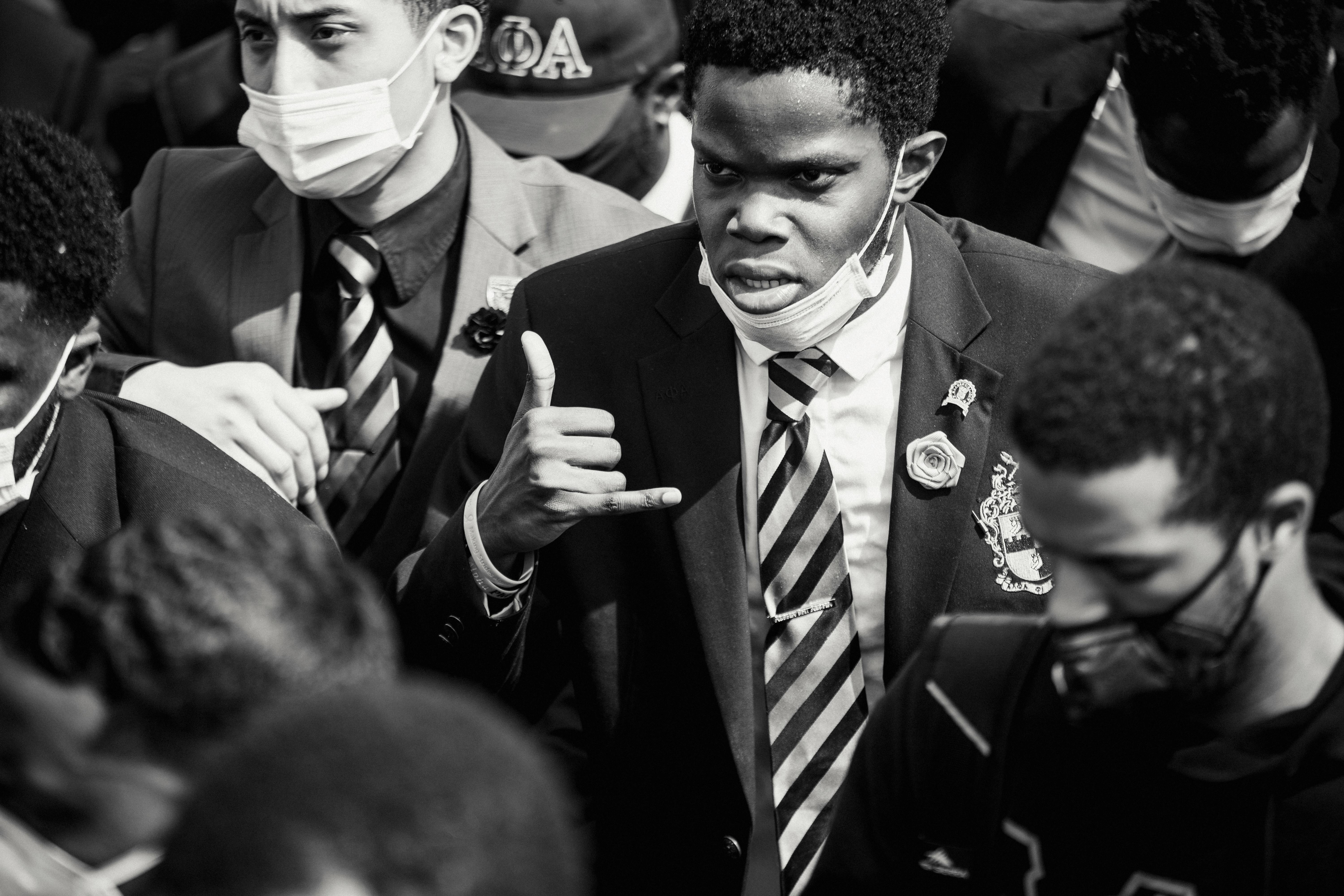
Third edition: Know your country for decision and policy making
admin
- 0
Having traveled and understood one’s country would be a way of measuring one’s level of patriotism. That could be a basis on which each individual citizen would stop having a moment of social impact, with prior knowledge about the challenges of the countries to be addressed at the individual level.
Recent talk on patriotism has featured the heads of political parties from two nations arriving on the field to spread the gospel of patriotism. Unfortunately, the discourses of patriotism have been partisan, applicable only to supporters of the ruling party while, according to them, the rest (Ugandans) never qualify as patriots outside of their parties.
As fantastic as the idea was, it has served the conflicting interests of FDC and NRM to foster love for one’s own party, rather than the best way to build national identity, unity and solidarity in the face of challenges affecting to Uganda as a whole.
As a consequence, the NRM party has resumed its patriotic activities by recruiting students for paramilitary engagements commonly known as chakamchaka. From that, we are ready to have new definitions of patriotism; among them one according to the FDC party and another from the perspective of the NRM.
An interesting compliment on the patriotism speech was one from former Ugandan Vice President Wandera Specioza, who suggested to MPs that they consider their positions as mere services to the country rather than a career, while also responding to the proposal to ensure a government. home for a sitting vice president.
His appeal was a display of patriotism; though during her time as her vice president, she accepted large sums of money from taxpayers to fund her doctoral study. If Ella Specioza was patriotic as she wanted to say, she would have turned down the taxpayers’ money and opted for her own assignments, since she was working and she could afford it.
Perhaps, if she were in Bukenya’s position, she would also support the idea of taxpayers providing accommodation for her. However, it is hard to imagine that while some people are making their lives as comfortable as possible, in other parts of the countryside citizens lack essential subsistence services.
In Busia district, for example, HIV/AIDS services must be sought in Kenya or nearby districts such as Tororo and Mbale. The situation may be worse for more rural people, who have to travel several kilometers to access ARVs and other related services. Maintaining hospital care in a health center can be quite expensive for them, and the stigma is very high in rural areas.
Family members maintain anger and denial for a period of no less than six months -characterized by violence against the person living with HIV/AIDS. For this reason, a much longer recovery and positive life program would be desirable, for example; 1) having to address household poverty – which makes life with HIV difficult to live with, 2) having to raise awareness of HIV/AIDS – to desensitize people to fears and negative cultural attitudes about HIV. HIV/AIDS and, 3) encourage the establishment of NGOs in places like Busia to provide psychosocial services and medical services that promote positive living.
There are a handful of NGOs in Busia. The HIV/AIDS components of existing organizations are too weak or limited to offer tangible services to potential clients. However, Busia, being one of the historic cross-border routes through which HIV/AIDS is said to have entered Uganda, should have benefited from HIV/AIDS service organisations, both local and international, first. In Busia, they mainly focus on widows, orphans and other vulnerable groups.
From an evaluation of a sample of twenty-five women selected to benefit from a microcredit scheme; a New Hope African Children poverty alleviation program in Busia showed that all married women did not make independent decisions that affected their health and livelihood.
Husbands often interfered with their business dealings and played a more influential role, which negatively affected the degree of credit reliability, given the danger that men would completely determine the allocation of money and possibly lead to drunkenness.
Furthermore, not all of them had the necessary knowledge to ensure proper hygiene and sanitation, and were under constant threat of heavy rains due to poor housing. In fact, some stayed awake when it rained; fearful that their shelters might be razed to the ground.
What was interesting about NGOs was their ability to use brains and paperwork to win and manage large sums of money from donors. However, its management was so centralized that the founder actually acted as chairman of the board of directors.
The organizations’ decisions never involved the board members stipulated as per the constitution requirement. It was only strategic to include prominent men and women as board members, to gain the money and reputation of donors. They just sat down and prepared attractive reports to maintain healthy relationships with donors.
Some of them are lucky to have made it without key organizational structures. Perhaps the Christian face of such organizations left their sponsors in no doubt that they should offer whatever help they could.
And those who work for the organization are a small team of relatives (husband and wife), in-laws, friends and distant relatives. This was supposedly intended to reduce the incidence of conflict and speed up the decision-making process in the organization.
While emerging cities like Busia are basically safe, there are individuals or small groups that are highly influential and seemingly untouchable. Reports say that criticizing them could cause problems.
They can organize violent actions against people they consider a threat to their personality or any potential competitor in terms of power and wealth. And when they need something, they explore every means to get there; an interesting value, however.
For example, a famous local or town council president could easily become a district president, an opportunity that is only reserved for a councilor at the district level, who chooses to compete for that position (district president).
However, religion as the main tool for social order has bigger roots in Busia. An interesting element is the ease with which one becomes a shepherd. The Balokole, born-again Christians, have a large network of members, who relate well and often help each other in times of need.
Again, it was the most influential and expressive balokole: who, as others go to Bible schools to become pastors, have labeled themselves or simply started calling themselves pastors. It was like a business to do it by organizations and individuals, who want to make financial profit or attract money from donors.
Bazungu – White or colored people are seen as gods due to the common view that they are “rich” guys who have come to the area to give money away. Therefore, they are made to feel as comfortable as possible. For a field team consisting of two or three whites, there will most likely be discrimination of home team members by the local communities they serve.
Perhaps the only privilege local team members would enjoy is paying lower prices for goods and services. Even with equal roles and responsibilities, side by side with mutual respect within the team, outside of it, it will be concluded that the members of the local team are servants of the bazungu.
In home stays, chefs will want the bazungu to eat the best of the food being served rather than sharing it equally among team members. According to the hosts, the best meal consisted of passion fruit, Irish potatoes, meat and rice. Members of the local team could only serve from that menu long after the bazungu had been served.
Hosts’ expectations are always that when foreign visitors return to their respective countries, they send gifts and other donations, which really any member of the local community could do to someone in need.
What Africans need to develop is the culture of volunteering and caring for or helping to change the lives of vulnerable groups, victims of war and natural calamities, for the better. This could help uplift and preserve African dignity in the face of the bazungu.

